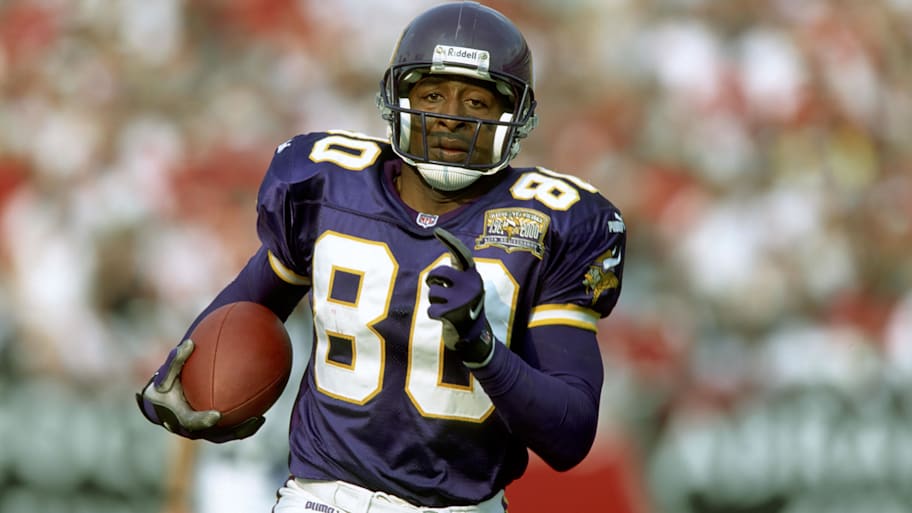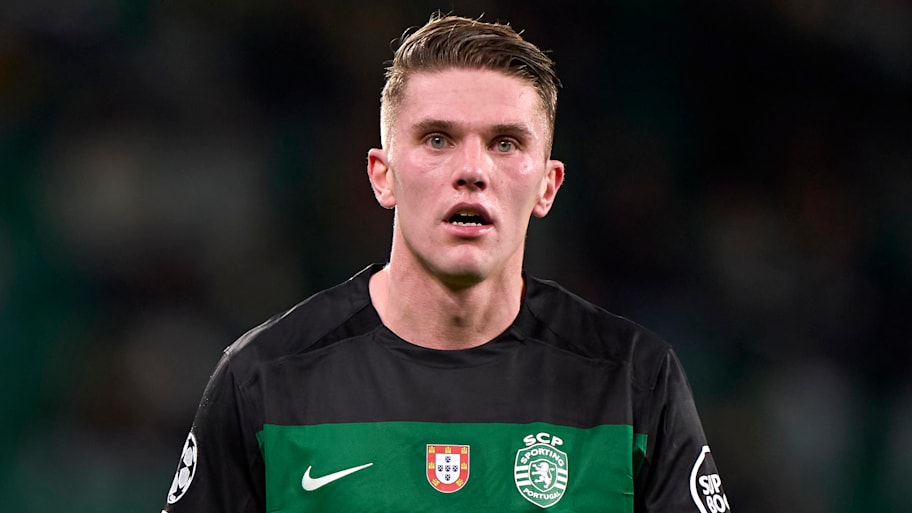
FIFA’s Expanded Club World Cup Sparks Global Debate on Player Workload and Football’s Future
The 2025 FIFA Club World Cup, hosted in the United States and culminating in a high-profile final between Chelsea and Paris Saint-Germain at MetLife Stadium, has ignited a fierce global debate about player workload, football governance, and the future direction of the sport. While FIFA hailed the tournament as a landmark event heralding the "golden era of global club football," players' unions and stakeholders have openly challenged this narrative, citing serious concerns over the physical and mental toll on the athletes who sustain the beautiful game.

Chelsea and Paris Saint-Germain faced off in a tightly contested final at MetLife Stadium. (Photo: Minutemediacdn)
The Crux of the Controversy: Player Welfare vs. Commercial Ambitions
The expanded format of the Club World Cup introduced more matches over a compressed schedule, demanding unprecedented levels of physical exertion from players already enduring extended seasons. Many stars competing in the tournament faced nearly continuous action stretching from early summer into the 2025-26 campaigns, which themselves are set to culminate in an enlarged FIFA World Cup later this year.
FIFPro, the global union representing 66,000 professional footballers, has been the loudest voice in opposition. Its president, Sergio Marchi, sharply criticized FIFA’s president Gianni Infantino’s handling of the situation, branding his approach as “unilateral” and “authoritarian.” Marchi notably declared, “What was presented as a global celebration of football was nothing more than a fiction created by FIFA, promoted by its president, without dialogue, sensitivity, and respect for those who sustain the game with their daily efforts.”
FIFPro president Sergio Marchi has accused FIFA of sidelining player welfare in decision-making. (Photo: MSN)
Formal Complaint and Rising Tensions
Reflecting the severity of the dispute, FIFPro joined forces with other football stakeholders to file a formal complaint against FIFA with the European Commission. The complaint criticizes FIFA’s unilateral expansion of competitions without adequately consulting players, clubs, or leagues, which it argues damages the entire football ecosystem.
This friction highlights a growing schism between football’s commercial stakeholders — including FIFA, broadcasters, and investors — and the players and clubs that compose the sport’s core. FIFA has responded by minimizing its responsibility, emphasizing that its tournaments make up only a fraction of players’ total games each season and underscoring its role in redistributing revenues to foster global football development.
The Club World Cup trophy symbolizes FIFA’s global ambitions, but the tournament’s expansion has raised concerns. (Photo: MSN)
The Broader Implications for Football’s Calendar and Governance
The debate over the Club World Cup’s expansion is symptomatic of deeper governance challenges in modern football. The sport’s rapid globalization and commercialization have exponentially increased the demands placed on elite players, whose calendars are packed with club matches, international fixtures, and new competitions with little meaningful downtime.
Experts and insiders worry that this relentless schedule threatens player health, competition integrity, and the long-term sustainability of football's global calendar. The risk of burnout, injury, and mental fatigue looms large, with many players caught in the crossfire between conflicting interests.
Matt Slater, senior football news reporter for The Athletic UK, noted, “The Club World Cup has become a microcosm of football’s governance crisis: balancing commercial growth against safeguarding those who make the sport possible.”

Top players faced intense physical demands throughout the compressed tournament schedule. (Photo: MyFox8)
FIFA’s Position and the Path Forward
FIFA President Gianni Infantino has defended the expanded Club World Cup as a landmark for the sport’s global growth, asserting that “the golden era of global club football has started.” He acknowledged some criticism but maintained that FIFA’s initiatives are vital for football’s worldwide development.
However, this defense has done little to quell concerns over the lack of inclusive dialogue in the decision-making process. Players, clubs, and leagues increasingly demand a seat at the table, emphasizing that sustainable scheduling must respect player welfare without compromising football’s commercial potential.
As the football calendar intensifies—with the expanded FIFA World Cup looming later in 2025—the urgency for reform grows. The resolution of this conflict will shape the sport’s future governance, balancing commercial ambitions with ethical responsibilities toward player health.

Chelsea ended the tournament as champions, but the victory was overshadowed by ongoing debates about player welfare. (Photo: Minutemediacdn)
Conclusion: A Crossroads for Global Football
The 2025 FIFA Club World Cup has evolved from a showcase of global football talent into a catalyst for urgent discussions about the sport’s governance and sustainability. The players’ union FIFPro’s vocal opposition, formal complaints, and the broader football community’s concerns signal a critical juncture.
Ensuring the physical and mental well-being of players amid football’s relentless expansion will require genuine dialogue, transparent governance, and innovative scheduling. How FIFA and other stakeholders respond will determine whether football can progress sustainably or risk alienating the very athletes who inspire millions worldwide.
References:
- The New York Times: FIFA, FIFPro Clash Over Player Workload and Rest
- FIFA Official Site: 2025 FIFA Club World Cup USA
Article date: July 14, 2025

